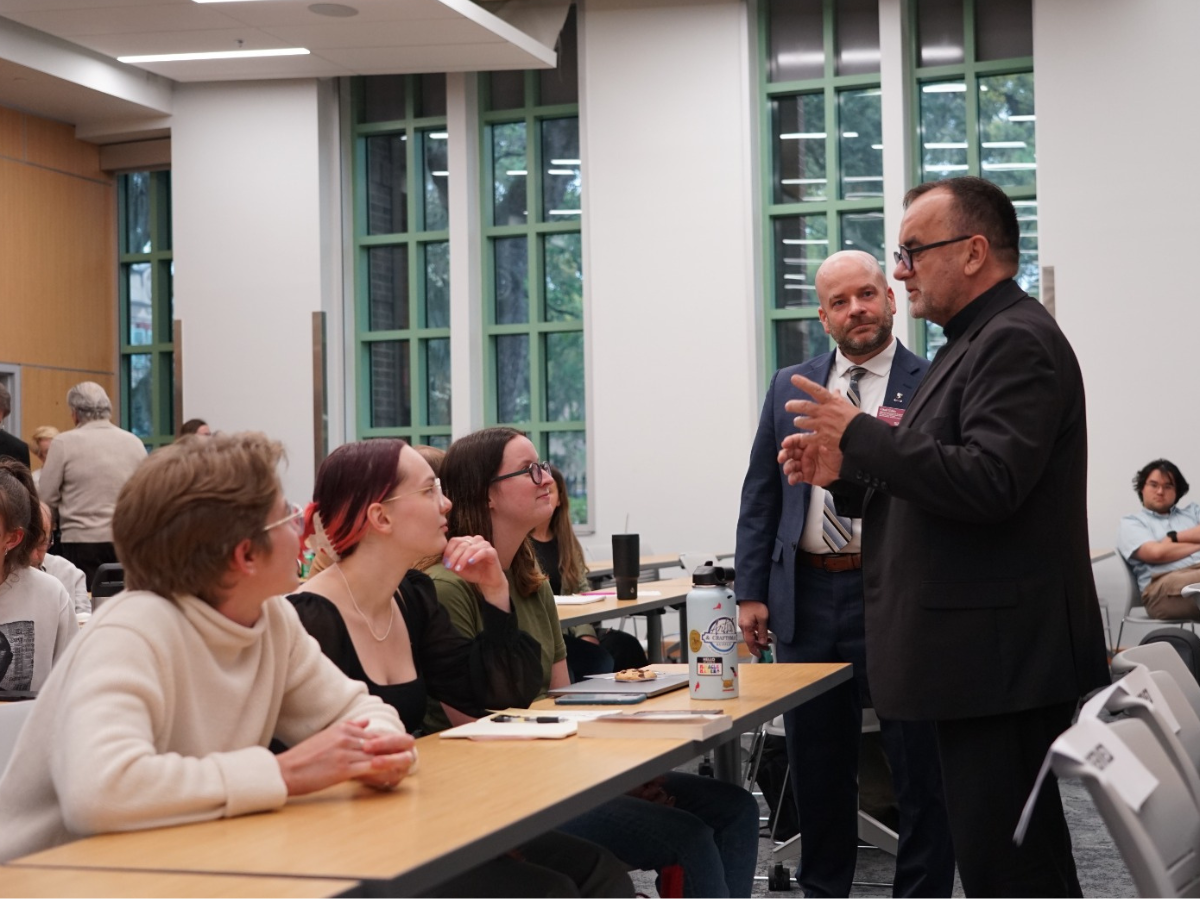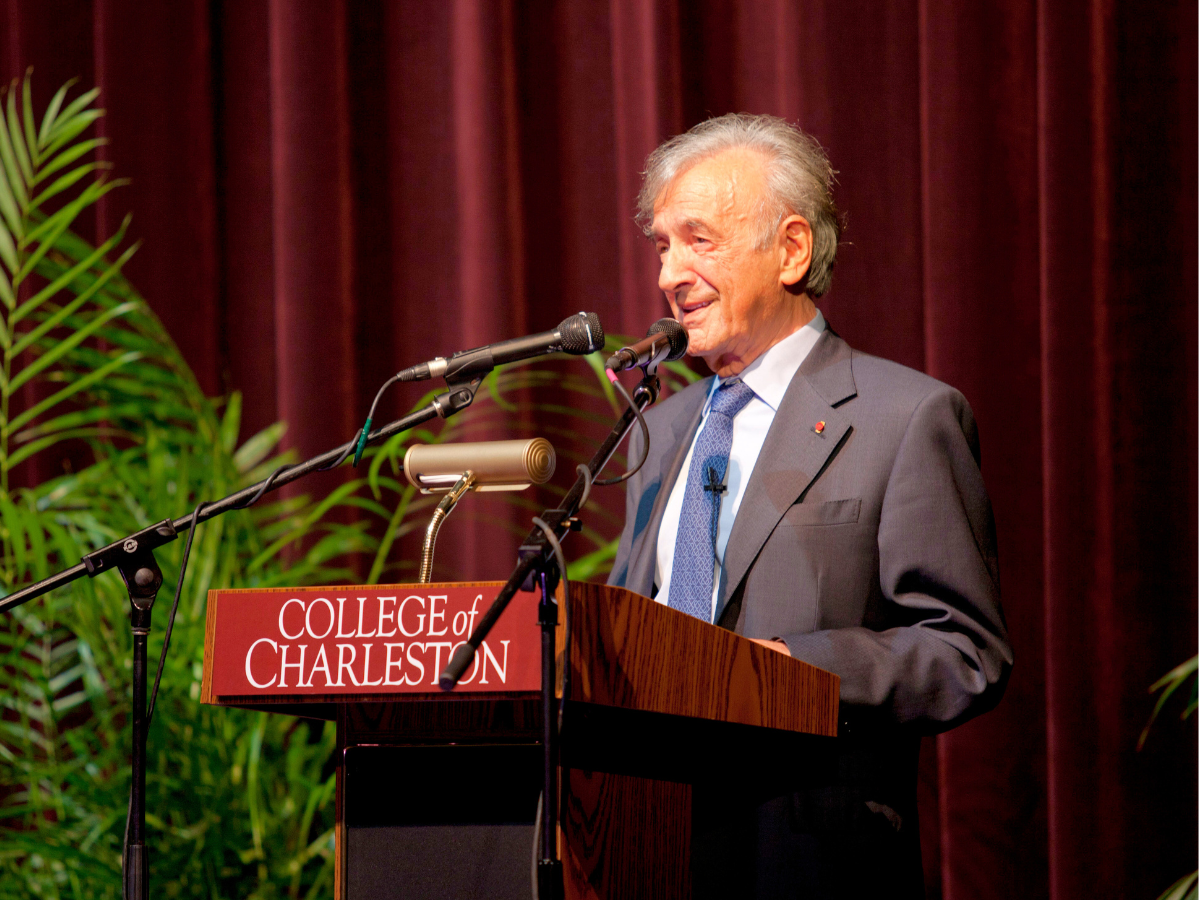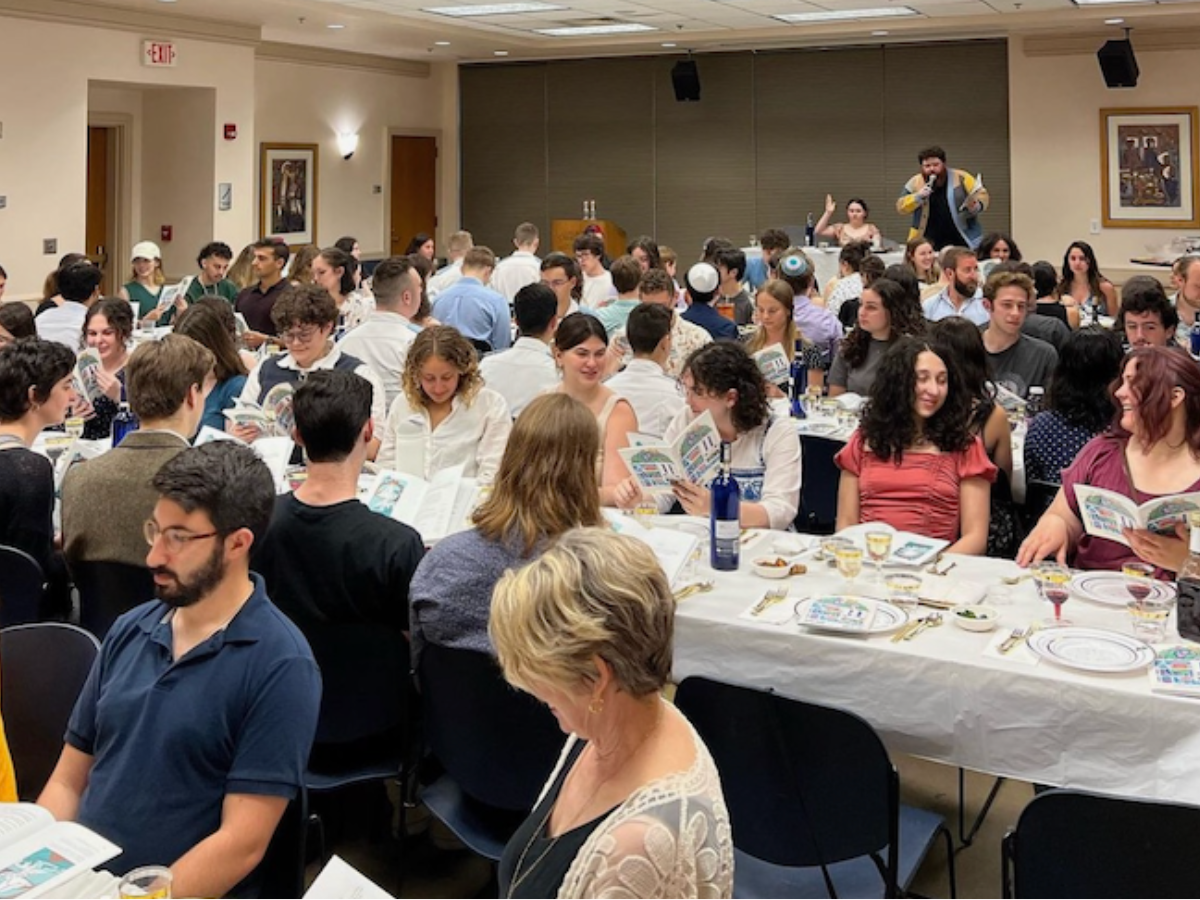Yaschik/Arnold Jewish Studies Program
Welcome ברוכים הבאים
Jewish Studies is an interdisciplinary program that focuses on more than just academics. We offer robust programming to support Jewish student life and community outreach.
Academics
Interested in learning about Israeli politics, Jewish resistance during the Holocaust, Jewish comedy and film, Jews in the American South or Jewish mysticism? We offer a wide variety of courses that pair well with other majors and satisfy general education requirements.
Jewish Student Life
We are the home for Jewish students at the College. Whether you want to come for Shabbat services every week or just observe the high holidays, we have options for you. Created for students by students with support from our dedicated staff, learn more about the College's Hillel programming.
Learn more about Jewish student life.
About Jewish Studies
Jewish Studies has an innovative and creative approach. Find out more about our faculty, staff, our three academic centers of excellence, and the people who built the foundations of our a program.
Community and Events
We host a variety of speakers, concerts, festivals, brunches and films with Jewish content. Check out what is going on this semester. Almost all our events are free and open to the public thanks to the incredible support of our local Jewish community.
Jewish Studies gave me a safe space to be myself, along with the best friends I could’ve ever asked for. It’s the most amazing combination of community, religion, and a whole lot of fun.
Rebecca Gundersheim ‘24




